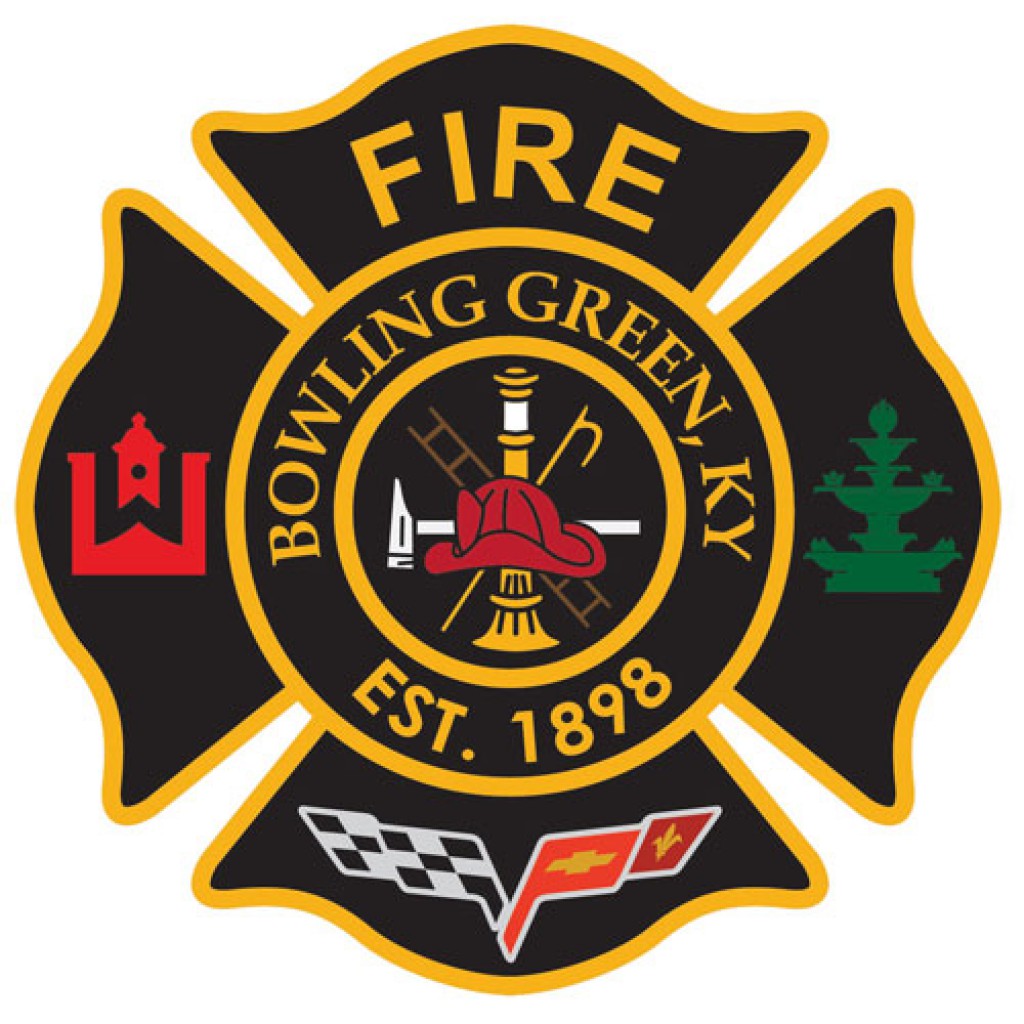Tips for the Hard of Hearing
Before the Fire
Identify the Nearest Emergency Exit. Whether you are at home or elsewhere, you should always know the location of the nearest exit. This could save your life in an emergency.
Install Smoke Alarms. The single most important step you can take to save your life during a fire is to install a smoke alarm that suits your needs. A working smoke alarm can make a vital difference in the event of a fire and may reduce the risk of dying in a fire by as much as 60 percent. A properly functioning smoke alarm can alert you to the presence of deadly smoke while there is still time to escape. Place visual alarms inside each sleeping area, and connect them to other alarms on every floor of your home. Keep smoke alarms clean by vacuuming or having someone vacuum them regularly. Test batteries monthly and replace them every six months. Ask friends, family members or building managers to install and test the batteries of a smoke alarm if it is hard to reach. Be aware that the ADA may require your landlord to provide an appropriate alarm. If your smoke alarms are hardwired (connected to the electric circuitry of your residence), make sure they are also equipped with battery backups.
A number of companies manufacture strobe lights or vibrating smoke alarms and bed shakers for the hard of hearing. Many of the companies producing these special alarms already offer communication and other assistive devices to people who are deaf or hard of hearing. If you have any questions about how to obtain an alarm, contact the U. S. Department of Housing and Urban Development (HUD). If you live in an apartment building, the owner may be required to provide you with a specialized smoke alarm. Make sure you place appropriate alarm devices in every room in which you may sleep (e.g., living room, den, bedroom).
Keep a Telecommunication Device Nearby. Make sure a TTY/TDD or phone (if you use one) is next to your bed, within arm's reach. Keep emergency telephone numbers and hearing aids (if necessary) handy as well.
Plan and Practice Escape Plans. Knowing your escape plan is one of the most important steps you can take to save your life in a fire. Plan your escape around your capabilities. Know at least two exits from every room. Make sure you can unlock all your doors and windows. Be sure you know how to open your windows. If security devices, such as bars, are installed across the windows, ensure that they release from the inside. Make any necessary accommodations to facilitate escape.
Involve the Fire Department. Ask the local fire department to help you plan an escape route and inform them of your special needs. Ask your fire department to help identify any fire hazards in your home and explain how to correct them. Any areas you plan to use as a rescue area should be identified and agreed upon by you and officials from the fire department. Learn the fire department's limitations and make the officials aware of yours.
During the Fire
Get Out and Stay Out. Leave your home as soon as possible. Do not try to gather personal possessions or attempt to extinguish a fire. Do not use the elevator. Once out, do not go back inside.
Test the Doors Before Opening Them. Using the back of your hand, reach up high and touch the door, the doorknob, and the space between the door and the frame. If anything feels hot, keep the door shut and use your second exit. If everything feels cool, open the door slowly and exit as low to the ground as possible if smoke is present.
Stay Low and Go. Crawl low and keep under the smoke, if you are physically able. If not, try to cover your mouth and nose to avoid breathing toxic fumes, and make your way to safety as quickly as possible.
What To Do If You Are Trapped. Close all the doors between you and the fire. Fill cracks in doors and cover all vents with a damp cloth to keep smoke out. If possible, call the fire department and tell them where you are located. Signal rescuers from a window with a light-colored cloth.
Stop, Drop, and Roll. If any part of you catches fire, do not run and do not try to extinguish the flames with your hands. Cover your face with your hands. Drop to the ground, rolling over and over. If you have another disability that prevents your taking these actions, try to keep a flame-resistant blanket or rug nearby to smother any flames.
Fire Prevention
Cooking. Never leave the stove unattended while cooking. If you need to step away from the stove, turn it off. Wear tight-fitting clothing when cooking over an open flame, and keep towels and potholders away from the flame. If food or grease catches fire, smother the flames by sliding a lid over the pan and turning off the heat. Do not try to use water to extinguish a grease fire. When deep-frying, never fill the pan more than one-third full of oil or fat. Never put foil or other metals in the microwave. Make sure the stove is kept clean and free of grease buildup. Turn pot handles away from the front of the stove so they cannot be knocked off or pulled down.
Electrical Safety. Electric blankets should conform to the appropriate standards and have overheating protection. Do not wash blankets repeatedly as this can damage their electrical circuitry. If an appliance begins to smell suspicious or emit smoke, unplug it immediately and have it repaired or replaced. Replace all frayed or broken electrical cords. Never use an appliance with exposed wires. Never overload extension cords and keep them out of traffic areas. Use only tested and UL-listed electrical appliances.
Smoking. Never smoke in bed. Make sure that you are alert when you smoke. If a gas stove or oxygen source is nearby, do not smoke. Place signs stating that oxygen is in use and warning visitors to refrain from smoking. Do not smoke while under the influence of alcohol or if you are taking prescription drugs that can cause drowsiness or confusion. Never leave smoking materials unattended. Provide smokers with large, deep ashtrays. Check around furniture, especially upholstered furniture, for any discarded or smoldering smoking materials. Soak the ashes in the ashtray before discarding them.
Space Heaters. Give space heaters space. Keep heaters at least 3 feet from any combustible material, including people. Follow the manufacturer's directions regarding operation, fueling, and maintenance of your space heater. Do not use heaters or other heating devices to dry clothing.
Heating. Have your heating systems and chimneys checked and cleaned annually by a professional. Never store fuel for heating equipment in the home. Keep fuel in a proper container outside or in a detached storage area or shed.
Let us know if anything is wrong with this page. However, please don't include any personal or financial information.

